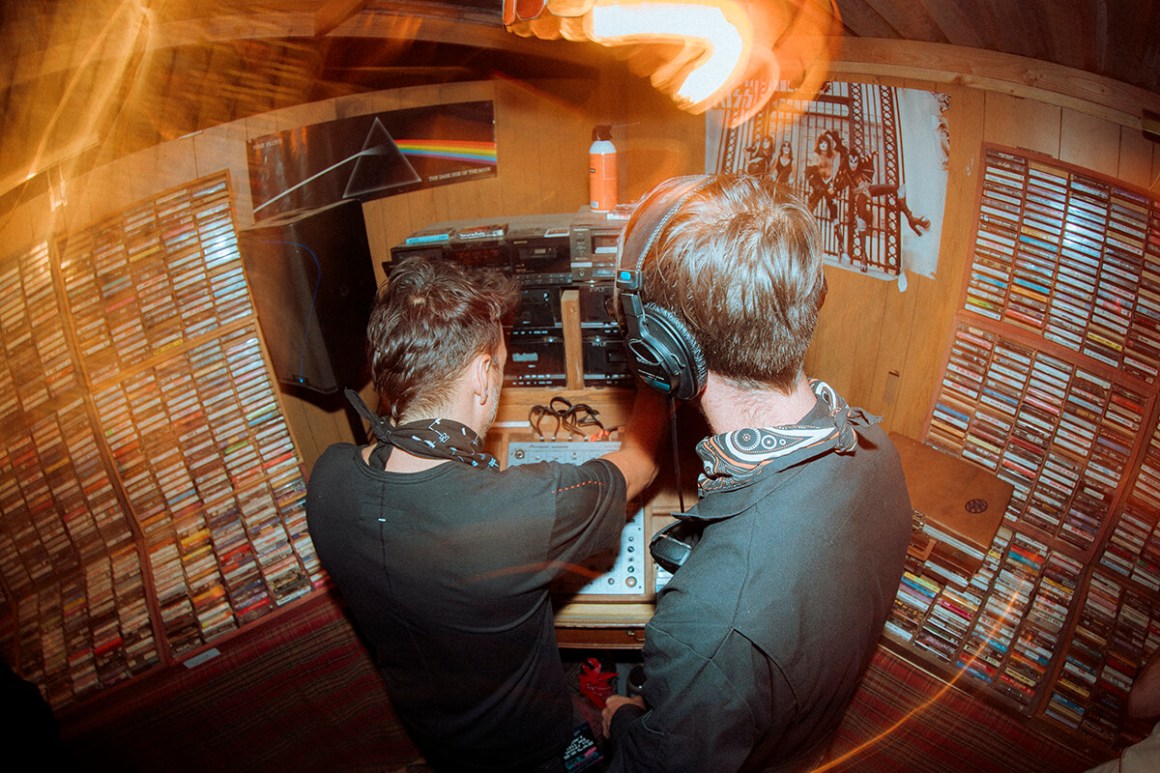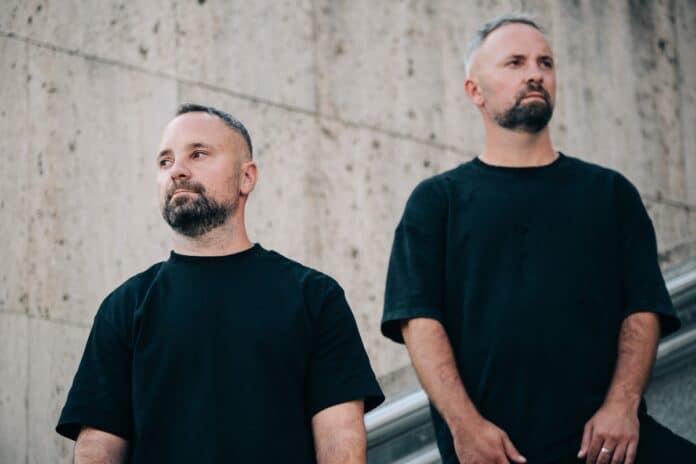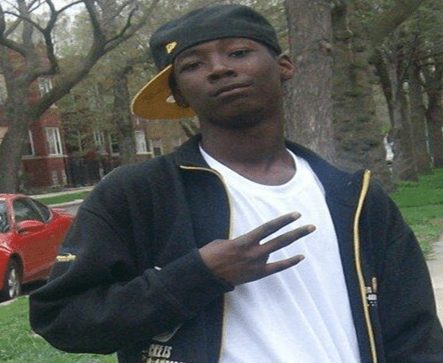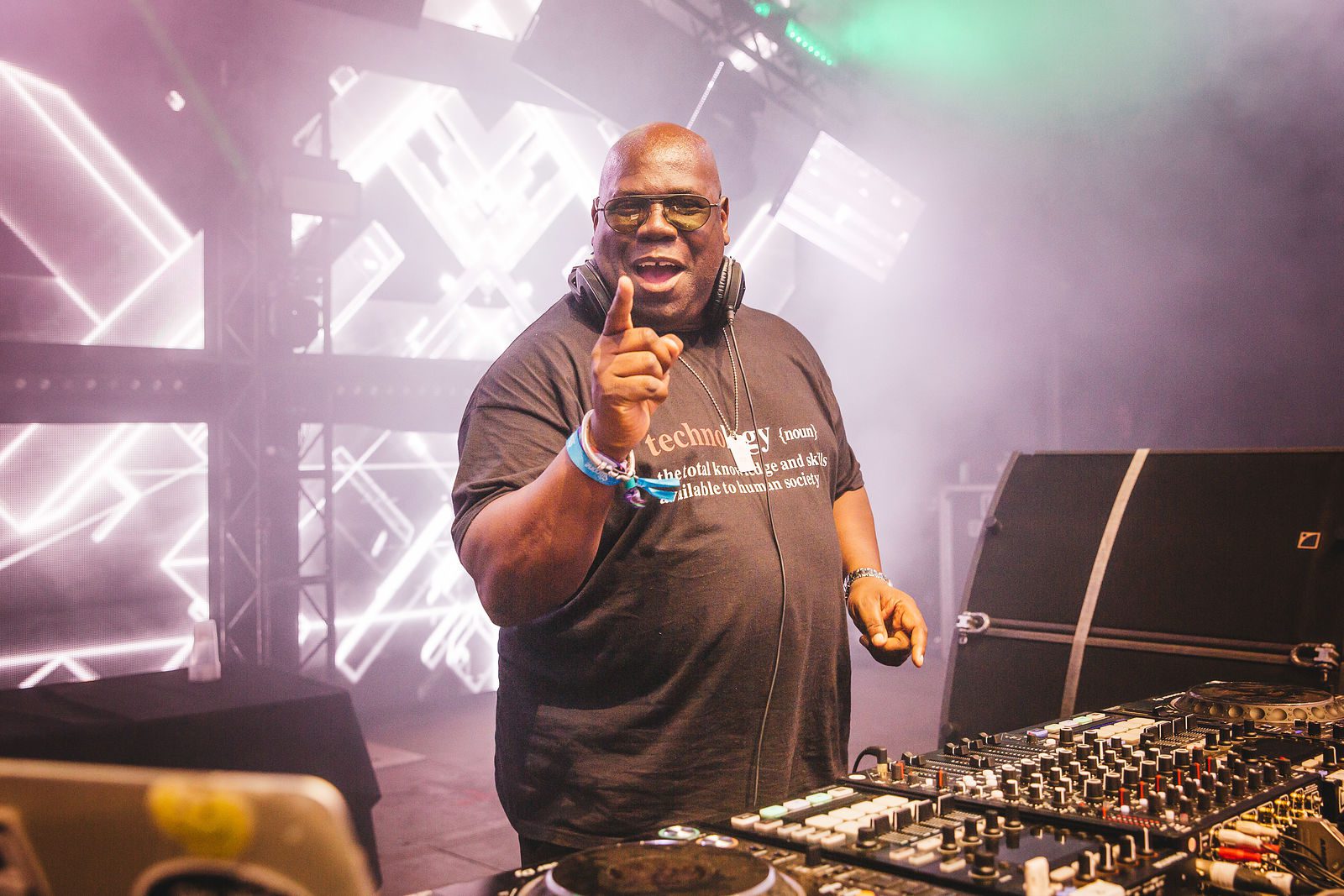Billie Marten has lamented the “financial ruin” that many musical artists are currently facing, saying “we’re all paying Taylor Swift”.
The Yorkshire singer-songwriter released her fifth studio album ‘Dog Eared’ via Fiction Records last week (July 18), and in a new interview with The Independent, she has given a taste of the challenging reality of life as an independent music artist in 2025.
“Mostly, artists are in financial ruin no matter how successful they appear to be,” she explained. “I’ve worked the hardest and the longest and I am the most busy I’ve ever been – and I am not doing great.”
The UK is facing a mounting crisis with one grassroots music venue closing every two weeks and artists facing an uphill struggle being able to afford to maintain a living.
Marten pointed to the discrepancy between the money going to artists and to executives: “Everyone that’s hanging onto the artist is buying houses and having families and going on holiday. And the artists could never dream of doing that. It’s funny.”
[embedded content]
With Spotify announcing in 2023 that songs only begin to earn royalties once they reach a minimum of 1000 streams, Marten pointed to the separation between hugely successful artists and the rest of the pack.
Recommended
“There’s too much music and there are too many famous people,” she said. “Less money is going to mid-level and low-level artists. It’s a capitalist mentality, essentially, and we’re all paying Taylor Swift.”
“I haven’t recouped my deals, so it’s all gone to Sony to pay for the sofas in their office. Hey, I am not cynical! It’s just the facts. I’m also not complaining. I’m speaking for all of us who have made peace with it, because we’re nice people who just want to make music. But should we make peace with it? And how do we change it?”
The number of artists touring across the UK and abroad has fallen by as much as 74 per cent compared to pre-pandemic figures.
The proposed £1 levy on gigs at arena level and above – designed to feed back into the grassroots for artists and promoters as well as venues and festivals – continues to gather steam, but debate surrounds its speed and where the pressure should be applied for more action.
Featured Artists Coalition (FAC) member and Wolf Alice guitarist Joff Oddie spoke in parliament on this subject in May. He argued that it was “callous” that ticket companies would add up to 20 per cent of hidden fees to tickets but resist the £1 levy that would “essentially secure their future as a business” as well as feeding back into the talent pipeline of the UK.
[embedded content]
“All of the things that artists pay for pre-tour – rehearsal space, manufacturing merchandise, musical tech equipment, making stuff tourable, hire costs, production costs, travel, van hire, crew costs, session musician fees, fuel, accommodation, per diems, management commission (typically 20 per cent net), agents fee (10 per cent gross), venue merch commissions, accounting fees, storage – it’s a huge amount of things that artist have to pay for in order to go out on the road. We just about made it work.”
Another artist who has been outspoken on the topic is Kate Nash, who was very vocal about the dire conditions that most recording artists find themselves in last year – taking to OnlyFans for her ‘Butts For Tour Buses’ campaign to protest the industry and raise money for live shows.
With a lot less money being made from recorded music than every before due to the impact of streaming, Nash said that many artists could simply not afford to tour – something she described as “a fucking disgrace”. This, combined with grassroots venues having closed at a “disastrous rate” has been reported to have caused “the complete collapse of touring” across the UK.
In January, it was revealed that music sales had hit their highest peak in 20 years, but artists in the UK continued to earn far less than the average salary.







